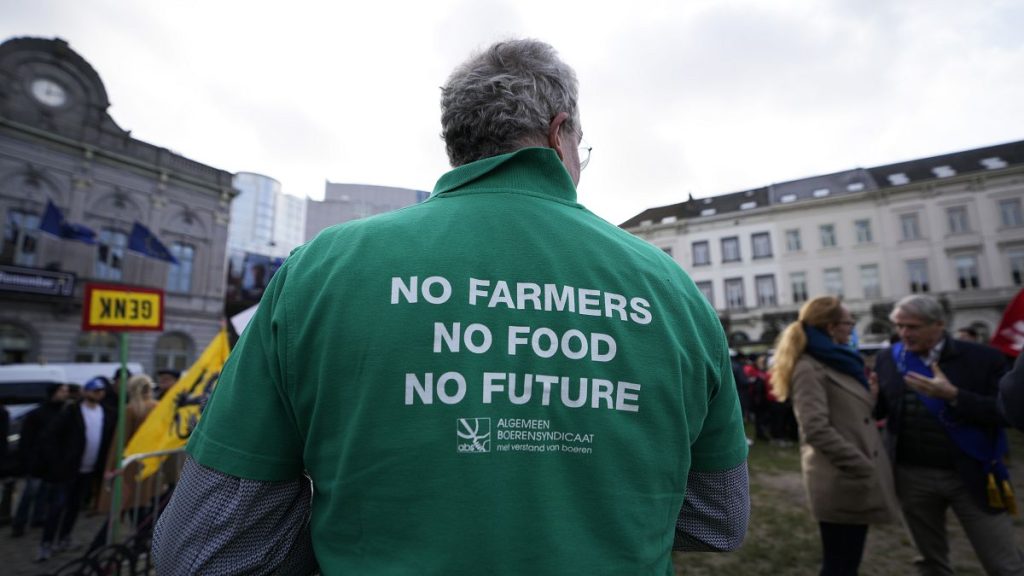European voters and farmers are expressing unhappiness with the EU’s protection of agriculture, a key aspect of the bloc’s budget. A survey conducted for Euronews found that almost half of respondents felt that the EU’s actions negatively affect European agriculture and food independence. Despite one-third of the EU budget being allocated for agriculture, only a fifth of respondents were satisfied with the EU’s efforts to protect Europe’s farming. This discontent is particularly high in countries with significant agricultural output, such as France, Poland, Spain, and Italy. The reasons behind this dissatisfaction could be linked to concerns over the competitiveness of EU agriculture or inadequate measures to prevent the influx of competitive imports through trade policy.
The issue of the EU’s agricultural policy has become a challenge for Ursula von der Leyen’s administration, with more than half of the promises of the “Farm to Fork” strategy remaining unmet. The Commission chief has initiated a ‘strategic dialogue’ to bring stakeholders in the sector closer together, but the exclusive Euronews poll has revealed a growing political fault line. Negative views on the EU’s agricultural policies were more prevalent among supporters of far-right and right-wing parties, while those backing Left and Green groups tended to view the EU’s actions more positively.
Amendments have been made to the CAP to address farmers’ concerns, with Italy’s agriculture minister highlighting the need for adjustments to fix flaws in the design brought about by progressive and green political forces. The departure of former Commission Vice-president Timmermans has allowed right-wing and conservative political groups to reevaluate the framework linking environmental sustainability to economic sustainability. The concept of ‘food independence’ and ‘food sovereignty’ has gained traction in political discourse, particularly in France and Italy. While there is interest in achieving food sovereignty at the EU level, there are differing opinions on how to define and implement it – some believe it should be part of a rethink of EU trade policy, while others prioritize boosting domestic EU agriculture production.
Research indicates that the majority of EU citizens support ensuring that agricultural imports meet EU standards for environmental and animal welfare. A sustainability indicator developed by FarmEurope suggests that the EU’s food sovereignty is improving in meat, dairy, and crop production. However, there are concerns about declining self-sufficiency in livestock feed in regions such as the Iberian Peninsula, Germany, and Italy. The poll outcomes and research findings underscore the complexity of balancing economic, environmental, and agricultural concerns within the EU, highlighting the need for policymakers to address these issues and bridge the political divisions within the bloc.


